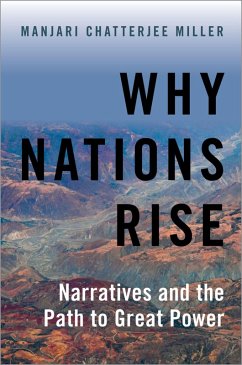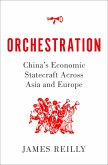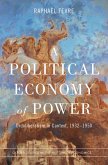What are rising powers? Do they challenge the international order? Why do some countries but not others become rising powers? In
Why Nations Rise, Manjari Chaterjee Miller answers these questions and shows that some countries rise not just because they develop the military and economic power to do so but because they develop particular narratives about how to become a great power in the style of the great power du jour. These active rising powers accept the prevalent norms of the international order in order to become great powers. On the other hand, countries which have military and economic power but not these narratives do not rise enough to become great powers--they stay reticent powers. An examination of the narratives in historical (the United States, the Netherlands, Meiji Japan) and contemporary (Cold War Japan, post-Cold War China and India) cases,
Why Nations Rise shows patterns of active and reticent rising powers and presents lessons for how to understand the rising powers of China and India today.
Dieser Download kann aus rechtlichen Gründen nur mit Rechnungsadresse in A, B, BG, CY, CZ, D, DK, EW, E, FIN, F, GR, HR, H, IRL, I, LT, L, LR, M, NL, PL, P, R, S, SLO, SK ausgeliefert werden.









